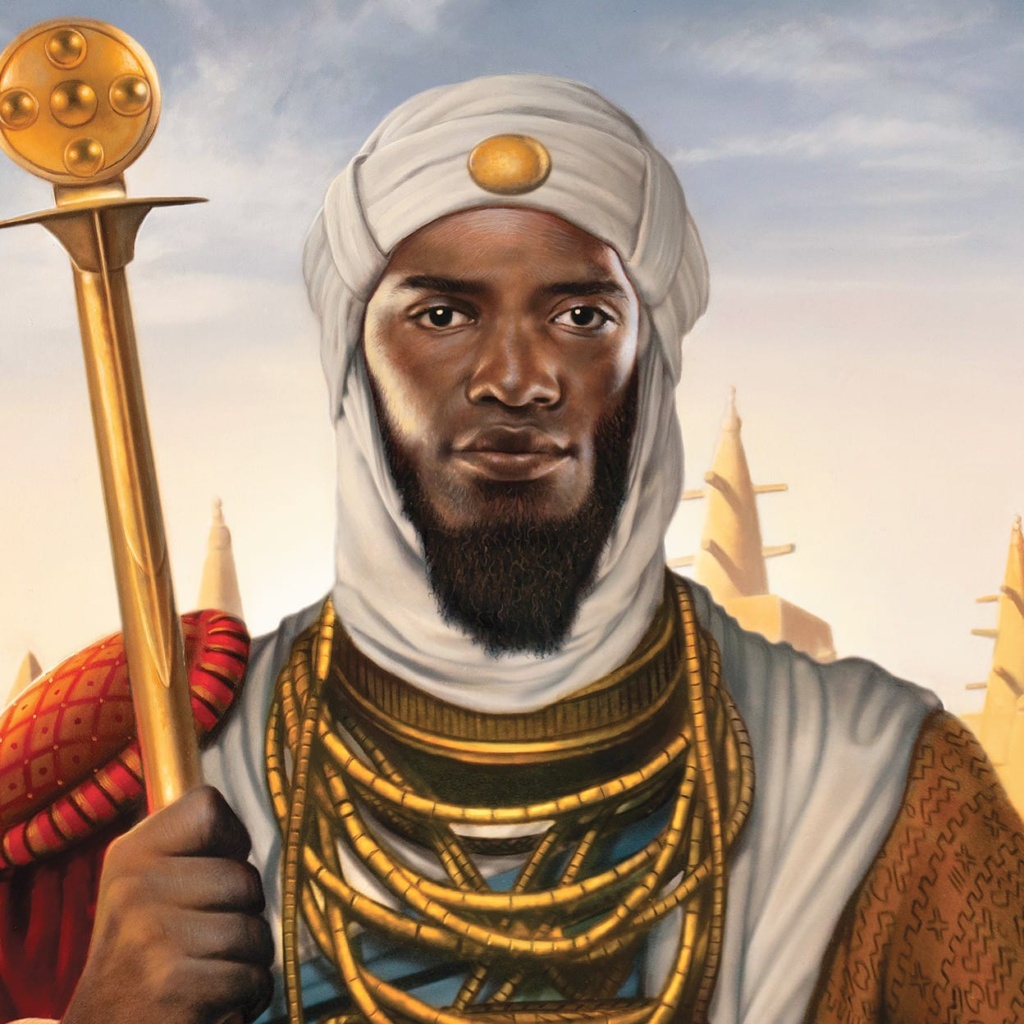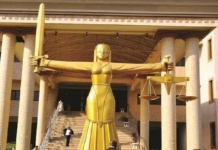
By Olakunle Agboola – Africa has a hidden history that has been erased from school textbooks around the world.
Many people falsely assume that Africa was primitive before the European colonial invasion.
They believe in the fallacy that it was a place of no cities, empires, commerce, and in other words, no civilization. However, this couldn’t be further from the truth. Africa has a rich and in-depth pre-colonial history of magnificent and unspoken wealth and developed empires and kingdoms.
In the quest of learning more about African history, I called on Prof. Adesina via Whatsapp. He is the Department Head of History at the University of Ibadan.
‘Africa has been a wealthy and popular continent before the birth of Jesus Christ. Those who are familiar with the Bible will understand the great exploit of Egypt as one of the African continents during the time of Joseph becoming second in command in the great empire of Egypt. It was a massive empire with great soldiers, as it appears to be the nidus of African civilization.
Also, you will be surprised that in the 12th Century, the Mali Empire was larger than Western Europe and regarded as one of the wealthiest states in the world. The Mali Empire existed between c1230 to c1600. The empire reigned in North West Africa before the Kingdom of Kongo. The Mali Empire was the center of trade internationally and Mansa Musa was the longest reigning king. Ancient pre-colonial art shows the African King Musa dressed in fine clothing and gold. The Mali Empire consisted of many libraries and Islamic universities and was known as the academic hub of Africa.
There are records of Ancient Mali that go as far back as 1068 and archeological evidence shows that Mali was an established civilization since the 6th Century. The genealogy of Mali’s kings can be traced as far back as the 10th century. The Mali Empire was so wealthy that in the 1300s King Musa conducted a well-documented expedition to Mecca with 200 camels that were laden with 12 tons of pure gold, as well as silver, textiles, and food in a pilgrimage displaying the grandest wealth of the century’’.
I had a great opportunity to dig deep into the historical archives of the Kingdom of Kongo and I was amazed that Kongo is one of the largest empires in Africa with a population of over half a million inhabitants, centuries before colonialists set foot on the continent. Diogo Cao was the first European explorer to discover the Kingdom of Kongo in 1483 and was amazed that a progressive and vibrant civilization existed.
History had it that Kongo had a centralized political state that was advanced in farming, metalwork, weaving, and textiles. The Kongo Empire spread over the entire West Africa region (which consists of 18 countries today) and had developed cities with houses, communal areas, and an established legal system. By 1500 BC, the Kingdom of Kongo was trading with other countries by exporting leather, gold, textiles, and cattle. In 1914 the Portuguese overthrew the Kingdom of Kongo and destroyed the entirety of the empire.
The kingdom of Kongo was not the only empire invaded, digging into the history of the Benin kingdom, which is another classical example of Africa’s pre-colonial empire that spread through the region, now Nigeria. The Kingdom (not to be confused with the country Benin) was known as one of the most developed states in ancient Africa, trading in bronze, gold, ivory, and iron. Documents recording political activity in the Kingdom of Benin go as far back as the 1200s and the city was founded in 1180 BC, according to historical records. Walls surrounded the city, and they had a military force to protect its inhabitants.
In 1485 Portuguese and British explorers arrived and started stealing and enslaving civilians with the promise of work abroad. Historical documentation shows how British colonialists had tried to bargain with the king by asking for control of the city. When the king rejected their offer, they burned the city down in which many valuable historical documents and works of art were destroyed. By the 1500s the great Kingdom of Benin had fallen and by the 1900s the British Empire had officially conquered the once prosperous and civilized region.
Mali, Kongo, and Benin Empire, which were destroyed, by the British and Portuguese did not appear not to be civilized as acclaimed that Europeans brought civilization to Africa. I asked Prof. Adesina once again for his opinion. It was a guffaw response as he disagreed with the notion while he strongly felt a necessity for Africans to come together and promote history in all colleges and Universities across the continent. And if only for one thing, to put history in appropriate perspectives.
‘The notion that Europeans “bought civilization to Africa” is perhaps one of the greatest misconceptions of the century. It is clear from history that Africa has been a wealthy continent with African rulers who governed their kingdoms, which were burnt, destroyed, and brought to ruin by the colonial settlers who tried to claim the cities and empires as their own. Before the 1600s the Ashanti Empire existed as many various states of the Akan people. The empire had an abundance of gold that was used for trading with the other African regions, long before European colonialists had ever stepped foot in the region.
The Ashanti architecture was breathtaking, with furniture carved from ivory and wood, chairs made out of gold, and walls adorned with tribal patterns, mosaics, and bright colors. In 1884 the grandest palace in the region was burnt down by the British colonialists after the Anglo-Ashanti war. Many of the beautiful pieces of Ashanti furniture and jewels that were stolen remain in European museums today. There was so much in the history of Africa that many Africans do not know not to talk of the black Americans or the Caribbean’’
I have always had the notion that there is more to Africa that many Africans do not know. And I think there must be a conscious and deliberate effort to promote African history in all schools across the continent. Africa has always been a home of dexterities and culture and it is time for many Africans to know and dig more into the history so that they can influence the upcoming generation and revitalize their thought muscles of making Africa a great continent.
Kindly follow us on twitter:@AfricanVoice2









